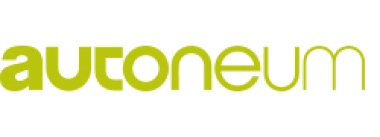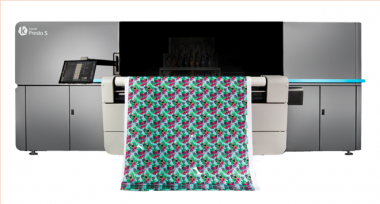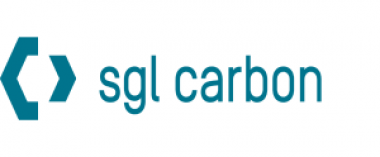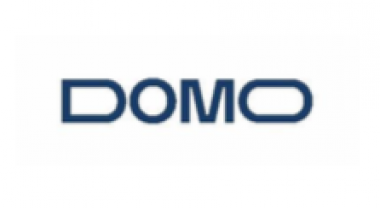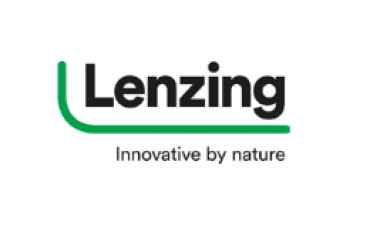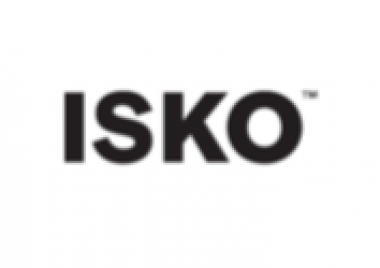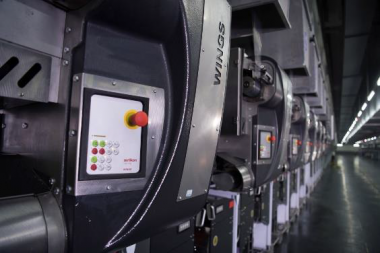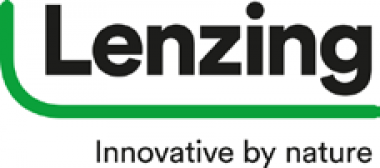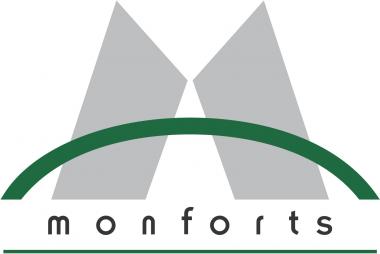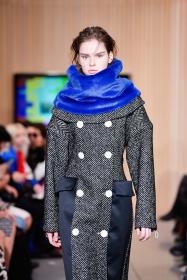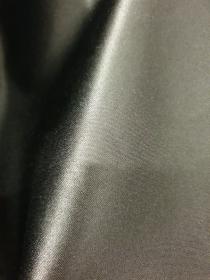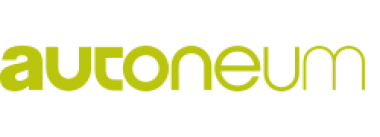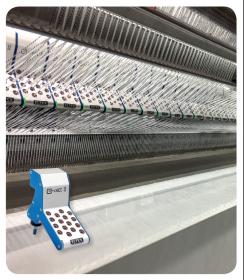autoneum: Coronavirus pandemic massively impacts course of business
The corona pandemic has a significant impact on the global economy and thus also on the global automotive industry. The temporary plant closures at almost all customers in all regions will result in a revenue decline at Autoneum in the current year, the extent of which cannot yet be estimated.
In addition to the ongoing cost-saving programs, Autoneum has therefore decided on a comprehensive set of measures to further increase the flexibility of personnel and material expenses. This includes staff adjustments, e.g. by reducing the number of temporary employees in plants. In addition, short-time work at the Swiss sites, the Group’s headquarters in Winterthur and at the Sevelen plant (canton of Sankt Gallen), as well as short-time work in some other European countries and temporary closures of production facilities in various regions in line with those of customers are being implemented. With these measures, Autoneum is at the same time making its contribution to protecting the workforce, breaking chains of infection and containing the spread of this pandemic.
Despite the above-mentioned countermeasures and in light of the advancing spread of the coronavirus, Autoneum does not expect to achieve its targets for the business year 2020. Due to the considerable uncertainties regarding the course and duration of the pandemic, no updated outlook is provided for 2020 for the time being.
Autoneum Management AG


